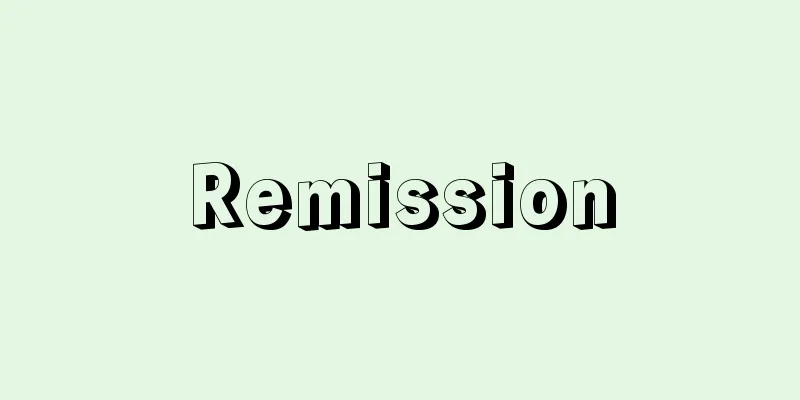Criticism - English
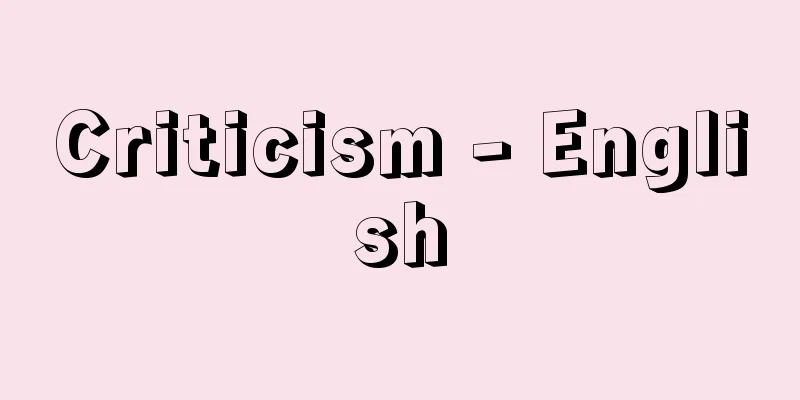
|
To examine and evaluate the value of things by pointing out their merits and demerits. In the narrow sense, it often refers to art criticism, especially literary criticism, but in the broad sense, it covers all human activities, from politics, economics, science, and sports to everyday life. The written form of criticism is called a critique. True criticism is based on a critical consciousness or critical spirit, and criticism in this sense is not the exclusive domain of the critic. In order to build a rich culture, a healthy critical consciousness of the public is essential regardless of time or place, and this was something that the citizens of Athens practiced in ancient times. There are many examples where the dulling or loss of the critical spirit led to the downfall of civilizations, while a new critical spirit led to the rise of new civilizations. Criticism, in different forms, is also present in all aspects of human mental activity. Many writers, both Eastern and Western, including Balzac, Chekhov, and Shiga Naoya, have labelled critics as parasites on writers and have advocated the uselessness of critics, and while it is impossible to hide the inferiority complex that critics have towards writers, it is often overlooked that criticism is deeply present in the creative activity of writers, and without it the very existence of creative activity would be shaken. Publishers, too, although often poisoned by commercialism, have their own critical consciousness, and the logic of majority rule, such as public opinion, bestsellers, and contests, also aggregates the critical consciousness of individuals. [Kobayashi Roichi] The Basics of CriticismThe basis of criticism is judgment, which moves from factual judgment to value judgment, in other words from judgment of truth and falsehood and black and white to judgment of superiority and inferiority and long and short. If it leans towards the former, it becomes "objective criticism," and if it leans towards the latter, it becomes "subjective criticism," but if subjective criticism leans too far, it becomes arbitrary. Something similar to objective criticism is "judgmental criticism," which is a method of criticism that sets an external standard and judges things based on that standard. A good example of this is Plato's theory of rejection of art, which is based on his philosophy of ideas, which states that the phenomenal world is an image of the ideal world, and that art that further imitates the phenomenal world is three times further from the truth. In contrast, "impressionistic criticism" does not provide an external standard, and uses personal and intuitive likes and dislikes as the standard of judgment. Anatole France said, "Man can never get out of himself," and denied the very reason for the existence of judgmental criticism. [Kobayashi Roichi] Position of criticismIn any case, value judgments are ultimately personal and relative, and are made through a highly spiritual struggle of constantly searching for what is better, what is lacking in comparison to what is better, and what that better is. Politicians, the general public, writers, critics, and readers are all constantly in danger of leaning toward political, ethical, and religious sectarianism and straying from the common foundation that is inherent to humanity. Criticism, as a self-purifying mechanism, must transcend stereotypes and common sense, without being swayed by tradition or pandering to the trends of the times. In the past, those who carried out excellent criticism in every sense of the word had more or less an outsider element (a person isolated from society), and without exception were excellent moralists (philosophers who looked into the origins of humanity). [Kobayashi Roichi] [References] |Source: Shogakukan Encyclopedia Nipponica About Encyclopedia Nipponica Information | Legend |
|
事物の美点や欠点をあげて、その価値を検討、評価すること。狭義に芸術批評、ことに文芸批評をさすことも多いが、広義には政治、経済、科学、スポーツから日常生活に至るまで、人間営為のすべてを対象とする。その文章化されたものを評論という。真の批評の根底にあるものは批評意識ないしは批評精神であり、この意味での批評は批評家の専有物ではない。豊かな文化が築き上げられるためには、時代と場所を問わず公衆の健全な批評意識が不可欠であり、古代においてアテネの市民が実践したところのものであった。批評精神の鈍化・喪失が文明の滅亡につながり、新たな批評精神が新文明の勃興(ぼっこう)につながった例はあまりにも多い。また批評は、形を変えて、人間の精神活動のあらゆる局面に伏在する。バルザック、チェーホフ、志賀直哉(なおや)を含め、東西の多くの作家が批評家を作家の寄生虫ときめつけて批評家無用論を唱え、一方、批評家の作家に対する劣等感もまた覆うべくもないが、作家の創作活動そのもののなかに批評が濃密に存在し、これなしには創作活動の存立自体が揺らいでくるという事実はとかく見落とされがちである。出版者にも、商業主義に毒されることが多いとはいえ、独自の批評意識があり、世評、ベストセラー、コンクールなど多数決の論理もまた個人の批評意識を集約する。 [小林路易] 批評の基本批評の基本は判断であり、判断は事実判断から価値判断へ、換言すれば真偽・黒白の判断から優劣・長短の判断へと向かう。前者に傾くと「客観批評」となり、後者に傾くと「主観批評」となるが、主観批評は傾きすぎれば独断となる。客観批評と似て非なるものに「裁断批評」があり、これは外的な基準を設け、それに照らして判断する批評方法である。現象界は理想界の映像であり、その現象界をさらに模写する芸術は真実から三重に遠ざかっているとしたプラトンのイデア論哲学に基づく芸術排斥論はその好例である。これに反して「印象批評」は外的な尺度を用意せず、個人的・直覚的な好悪を判断基準とする。アナトール・フランスは「人はけっして自分自身から出ることができない」といい、裁断批評の存在意義そのものを否定した。 [小林路易] 批評の位置いずれにせよ価値の判断は究極において個人的・相対的であり、よりよきものへの努力が払われているか、よりよきものと比較してどこが足りないか、そしてそのよりよきものとは何かを不断に模索するという高度の精神的葛藤(かっとう)を通して行われる。為政者も一般大衆も、作家も批評家も読者も、つねに政治的・倫理的・宗教的なセクト主義に偏し、人間本来の共通基盤から乖離(かいり)する危険にさらされている。その自浄作用としての批評は、伝統に流されず、時流におもねらず、固定観念や常識を超越したところに位置しなければならない。過去のあらゆる意味での優れた批評の実行者は、多かれ少なかれアウトサイダー(社会からの孤立者)的な要素をもち、例外なく優れたモラリスト(人間の原点を見据える哲学者)であった。 [小林路易] [参照項目] |出典 小学館 日本大百科全書(ニッポニカ)日本大百科全書(ニッポニカ)について 情報 | 凡例 |
<<: Hibi farming (seaweed farming) - Hibiyoshoku
Recommend
The Honourable Company of Edinburgh Golfers
… In the 18th century, aristocrats who enjoyed go...
Buret' (English spelling)
…The excavated remains include a large number of ...
Aitken nuclei
Aerosol particles with diameters ranging from 2nm ...
Leucorrhea
...The dark brown pigmentation seen after sunburn...
Ceratium fusus (English spelling) Ceratium fusus
… Ceratium hirundinella grows in large numbers in...
Fan
… canyon submarine canyon - a relatively narrow, ...
Elastic membrane
…In loose connective tissue, the diameter is 0.2 ...
Epiplemidae
…General term for insects of the family Epiplemid...
Diplomatic Breakoff
When a conflict between nations reaches such a hig...
Basic Law - Kihonho
1. The basic law for running a nation. The Constit...
Chamaedorea tenella (English spelling)
… [Takabayashi Masatoshi]. … *Some of the termino...
Succession to the throne - Oukeisho
…In contrast, under the Japanese Constitution, wh...
Thao
...In general, there are few linguistic documents...
Solvent - yobai (English spelling) solvent
Among the components of a solution, the one with ...
Endothia parasitica (English spelling)
…Typical species include Chaetomium , which grows...
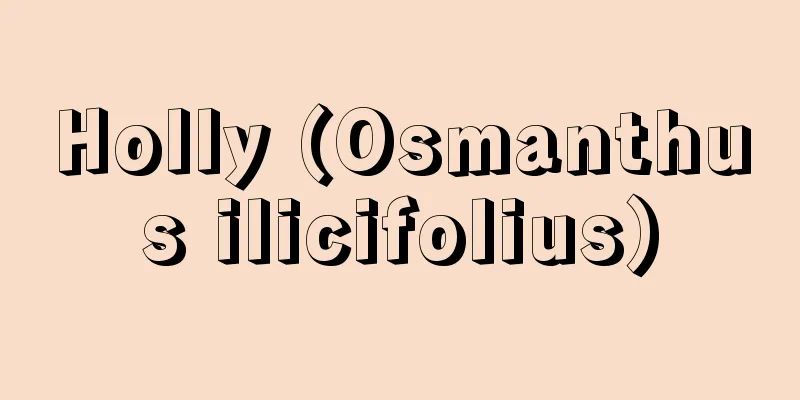
![Onega [Lake] - Onega](/upload/images/67cb20b64f074.webp)

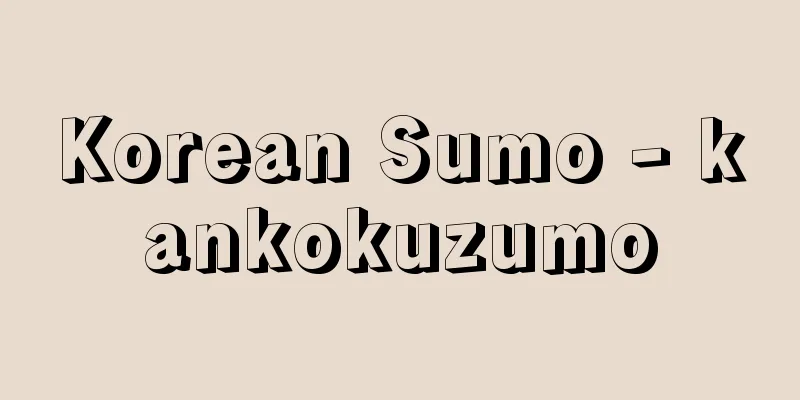

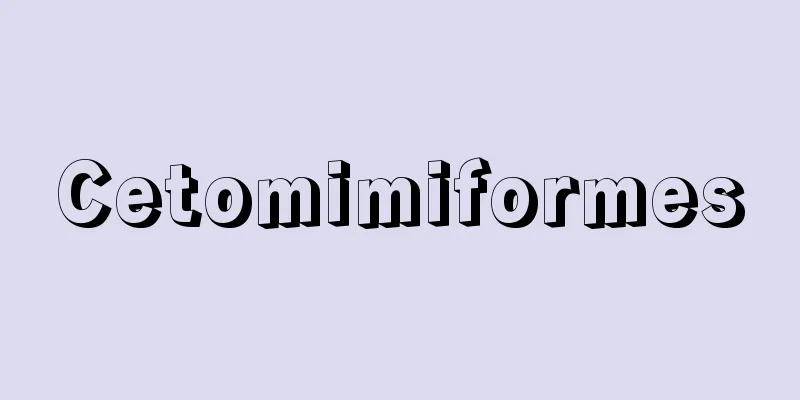
![Turkana [Lake] - Turkana](/upload/images/67cc53726066c.webp)

